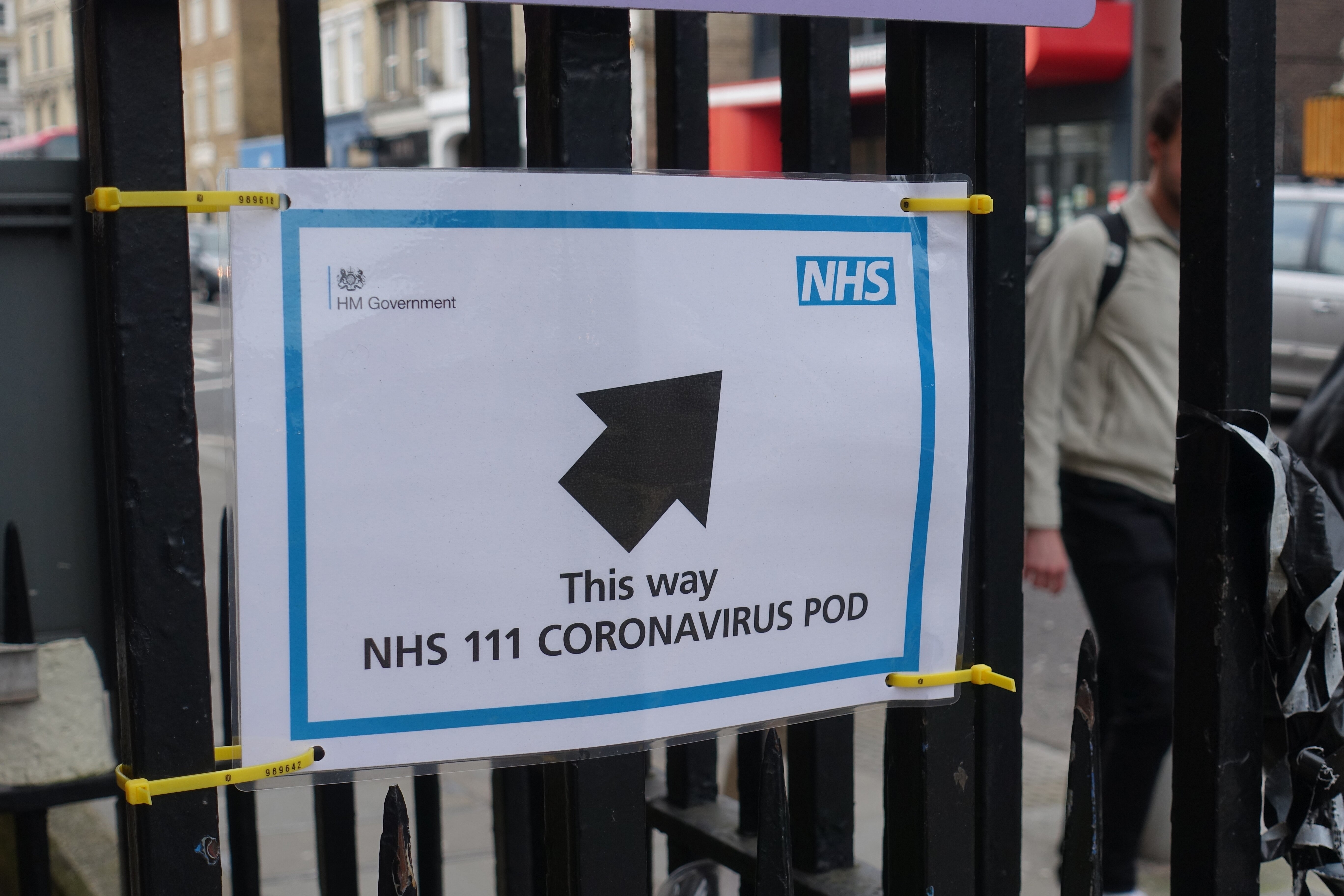Wake-up call: Can you handle a coronavirus outbreak?
Make sure you are prepared now so you have policies about travel, pay, home-based working and how to cope without staff, says Katee Dias
Coronavirus continues to make headlines and the number of cases in the UK is steadily rising. Obviously this outbreak has a tremendous impact on the hospitality and leisure sector, with some customers not wanting to travel and some country areas being locked down. However, there is also the impact on employees to contend with when considering this potential pandemic.
The law
From an employment law perspective, an employer has obligations to look after the health, safety and welfare of its employees. There are also certain obligations when an employee is off work for sickness, such as the right to be paid sick pay.
Be aware of potential race discrimination issues (for example, you should not target employees who have an actual or perceived association with a high-risk area).
Expert advice
In this time of potential crisis, planning is key. Employers should think about the risks they face and how these can be minimised and mitigated against. Obviously hospitality is a peopleheavy sector, both in terms of the number of customers and the staff involved to run a business, which will present particular challenges.
The most obvious steps can be put into practice fairly swiftly, for example, educating the workforce on what to do if someone feels unwell, promoting good hygiene practices within the workplace, cancelling non-essential business travel and ensuring you have emergency contact details for all the necessary people. Being prepared to deal with the various eventualities will hopefully make things easier for the employer if coronavirus does end up penetrating the workplace.
Another thing to think carefully about is sick pay. Will you pay this during any periods of self-isolation? Strictly speaking, there might be potential arguments that the individual does not qualify, but government guidance suggests that an employer should give statutory sick pay in these circumstances and, from a morale point of view and the fact that if they are not paid, the employee may attend work and infect others, it is probably better to do so.
Beware!
Businesses that are not prepared for dealing with the coronavirus may find themselves having to deal with staff shortages, potentially infectious employees coming to work, poor morale and possibly even having to close down their premises, which would obviously have potentially catastrophic consequences for a business.
To-do checklist
Look after the health and safety of your workforce by carrying out risk assessments to ensure that work does not pose undue risks to your employees. This might be as simple as buying hand wipes and encouraging staff (especially front of house) to take regular breaks to wash their hands.
Consider limiting any business travel, especially near high-risk areas. Make sure that you encourage your employees to follow the self-quarantine guidelines where appropriate.
Keep up to date with government advice and educate your workforce. In particular, check out guidance published by ACAS.
Review and, if necessary, update your policies dealing with sickness and time off for dependents.
Decide if sick pay will be paid if an employee chooses to selfisolate as a precaution, bearing in mind that if you don’t the employee may come to work and spread the virus to others.
Obtain up to date emergency contact details for each employee in case you need to contact them or their relatives.
Consider how you will cope if lots of employees are taken ill at once or are absent for long periods.
Check your insurance policies and evaluate whether you need any keyman insurance cover or similar.
Think about whether you want to alter your normal working practices, such as allowing office-based employees to work remotely where possible.
Keep an eye out for discriminatory treatment of colleagues and customers.
Katee Dias is a senior associate in the employment team at London law firm Goodman Derrick LLP kdias@gdlaw.co.uk

















